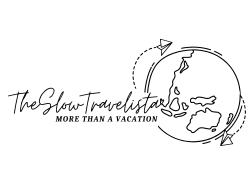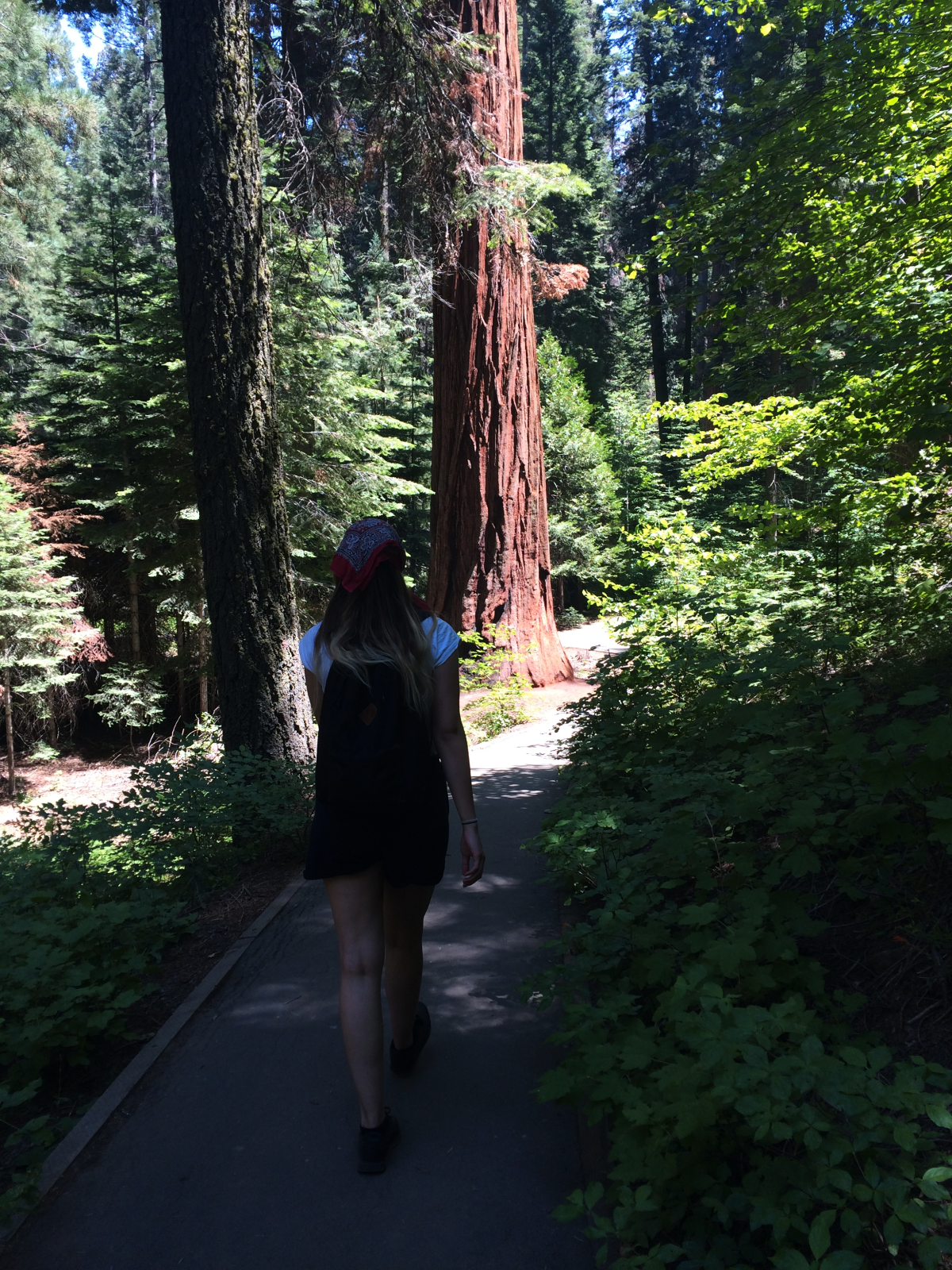What Is Slow Travel?
Slow travel is a mindful, immersive alternative to mass tourism. Instead of rushing from one tourist attraction to another, slow travel encourages cultural immersion, eco-friendly transportation, and meaningful experiences.
By embracing a slower pace of travel, you can connect more deeply with local cultures, reduce stress, and make your journeys more fulfilling. Rather than checking off a bucket list, slow travel is about experiencing a destination like a local – allowing for a richer and more authentic experience. It’s a way more mindful way of exploring than conventional travel. By slowing down the pace and simplifying the travel agenda, an otherwise hectic trip can become a lot more relaxing.
Benefits of Slow Travelling:
- Deeper Cultural Immersion – Engage with local traditions, cuisine, and people.
- More Environmental Friendly Travels – Reduce your carbon footprint by choosing greener transportation options
- Higher Flexibility & Less Stress – Travel without rigid schedules, allowing for spontaneity
There are two main focus points slow travelling can have. To most people hearing slow travel makes them often think of someone travelling cross country by bike or someone avoiding airplanes when travelling. While it’s true that some people’s main motivation to travel slowly is to protect the environment, There are also people who choose to slow travel because of the cultural immersion.
Types of Slow Travel
Slow travel can take different forms, depending on your motivations. Some travellers prioritize sustainability, choosing trains over planes or staying in eco-friendly accommodations. Others focus on cultural immersion, spending extended time in one place to truly experience local life.
1. Eco-Friendly Slow Travel
The tourism industry often uses the term “Slow Travel” as a way to describe the way of travelling more sustainably. This can include:
- Choosing trains, buses, or bicycles.
- Staying in eco-conscious hotels, guesthouses, or homestays.
- Supporting local businesses, farmers’ markets, and family-run restaurants.
- Selecting destinations closer to home to reduce long-distance travel emissions.
So slow tourists choose to use alternative transportation methods. Instead of renting cars, public transportation like trains or buses are used. Some people travel by bicycle or sometimes even choose to walk. Slow travel can also mean selecting travel destinations that are closer to reduce mobility and avoid air travel.
Other slow tourists decide to select more environment-friendly accommodations that use environmentally conscious practices. It’s also good practice of slow travel to support local businesses or family-owned establishments. Look for local coffee shops instead of visiting big coffee chains or buy your groceries in a local family-owned shop.
Slow travelling can mean to either reduce the amount of places visited or to increase the time spent in one place. Especially, when staying longer in one destination, you can reduce your travel footprint. Additionally, it also allows to dive deeper into a culture.
2. Slow Travel for Cultural Immersion
While the environmental impact is a great benefit of slow travelling, it is not the main priority for everyone. Some people slow travel because of the cultural immersion. This can include:
- Live like a local – Rent an apartment instead of staying in hotels.
- Learn the language – Take language classes or practice with locals.
- Engage in cultural traditions – Participate in local festivals, workshops, and food preparation.
- Build meaningful connections – Meet locals, expats, and fellow slow travelers.
So cultural immersion means to not only eat at local restaurants, but also to learn about local habits and customs.
When spending extended time in a different country one will gain a deeper understanding of the local culture. Slow travel helps learning about local traditions, food preparation, history and the way of life. One will get to experience what it means to live in a culture that’s different from their own. Slow travelling will not only teach about the culture of a host country but also about one’s own culture. The way things are “normally” done might not be as universal as previously thought.
Slow travelling can also give the opportunity to meet people from all over the world. There are so many expats, exchange students or digital nomads who slow travel the world. It’s beautiful how these experiences not only teach about cutlure, but also help broaden one’s own world view.
Slow travel allows you to truly understand a place, rather than just seeing its highlights.
Most Recent Slow Travel Posts
My Personal Slow Travel Journey
Online I have often seen these people, who quit their jobs and travel the world in a van or with a backpack. And while that all looked amazing and full of adventures, I always felt like that was not fully what I wanted. I hate living out of a suitcase and although I love travelling I do get exhausted from it after a while. That was until I learned about slow travelling..
Why I Love Slow Travel
📍 More Than Just a Vacation
Instead of treating travel as a short-term escape, I see it as a lifestyle – a way to continuously learn, grow, and connect with the world.
🌏 Immersive Travel Over Sightseeing
I’ve learned that the best experiences aren’t always in travel guides. Some of my most cherished moments came from unplanned adventures, spontaneous encounters, and simply living in a new place.
💡 Personal Growth & Adaptability
Living abroad teaches resilience. When you slow travel, you step outside your comfort zone, navigate cultural differences, and gain a new perspective on life.
🎭 Meeting People from All Over the World
One of the greatest joys of slow travel is the friendships you form – with locals, fellow travellers, and expats. It’s a chance to exchange ideas, traditions, and ways of thinking.
More than a Vacation
If you’re like me and can’t ever get enough of staying abroad then maybe slow travel is for you as well. Ever since my first time living abroad, I always had the feeling of wanting to stay longer in a place. Often, I was quite sad when I had to go back home.
I do understand the appeal of mainstream tourism and I have done my fair share of sightseeing, city trips and group travel (for example the Contiki I did in Australia). And I will for sure still do them once in a while.
However, I realized that simply just travelling to a place for a few days or a weekend is not enough for me. I’m not craving being abroad as a vacation but as a lifestyle that’s why my slogan is = more than a vacation (lol). Over the last years, I have come to the conclusion that to me travelling and exploring is a lot more fulfilling when you embrace the culture and the people, instead of only visiting a place and running through a checklist of must-see tourist places.
Immersive Travel Over Sightseeing
While I do care about the environment, one of the main things that fascinated me about slow travel was the focus on the local culture. Slow travel is sometimes also referred to as “immersive travel“. It’s a way to connect more deeply with the people and their culture. The focus is less on doing all the touristy things, but rather on understanding and living the local culture – to basically immerse oneself into the local way of living. It allows me to travel and see the world but still have a daily routine, hit the gym and make deep connections with the people I meet.
More Flexibility, Less Stress
Slow travel also allows me to manage expectations, reduce stress and be a lot more flexible. I know some people love to do tons of research before they visit a place and they create a huge list of things they need to see. And when they don’t manage to do it all they are disappointed because their expectations weren’t met.
But often I have seen and experienced the greatest things without planning them ahead. When slow travelling you can just let life happen, because you have time to explore. Also through living abroad you will meet people from all over the place and get to see and do a lot of things that even the best travel guide couldn’t show you.
Personal Growth & Adaptability
Last but not least, one of my favourite things about slow travel is that it gives you immense personal growth. Going to a different country pushes you out of your comfort zone. With family and friends far away, you will have to rebuild your support network, find new routines and deal with culture shock. Slow travelling makes you a master in adapting to new environments. Believe me, once you’ve lived abroad you can handle anything and everything life throws at you.
To experience a culture far away from home will also open your perspective on life. And it allows you to make friends from all over the world, which is pretty cool ;).


